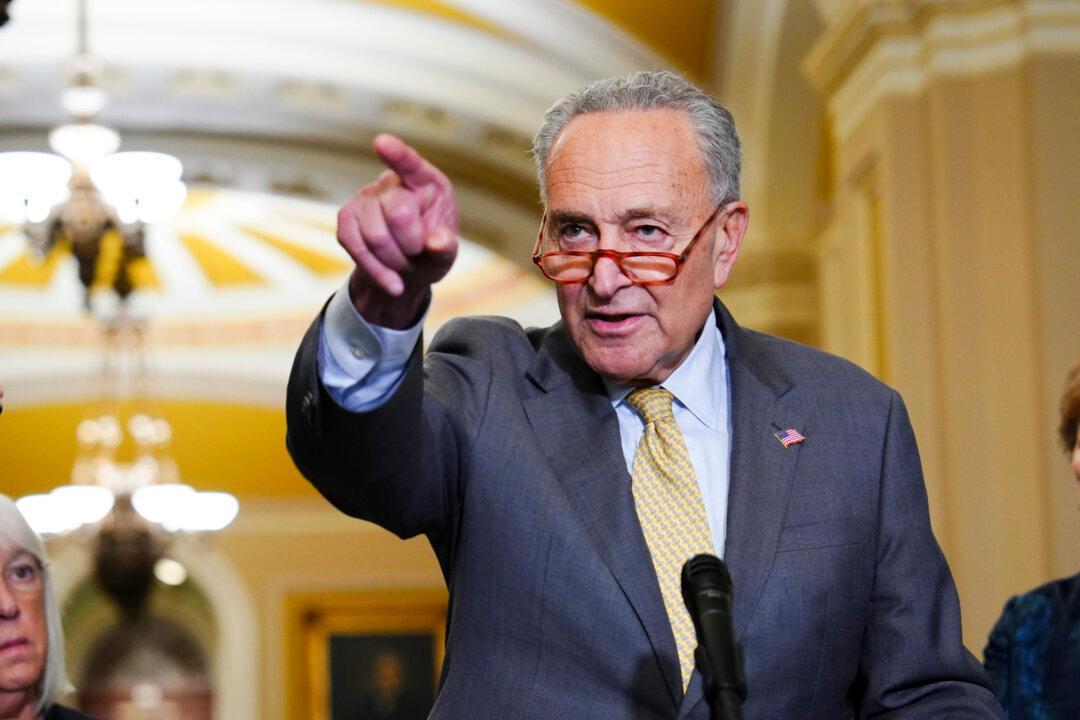House Speaker Kevin McCarthy (R-Calif.) had the first move in setting 2024 spending levels for the federal government. Spending bills generally originate in the House, just as white gets the first move in chess. That’s a great advantage.
Chess players call it tempo. Athletes refer to it as momentum. Warfighters call it the initiative. The one who makes the first move has an opportunity to control the pace of the game.





